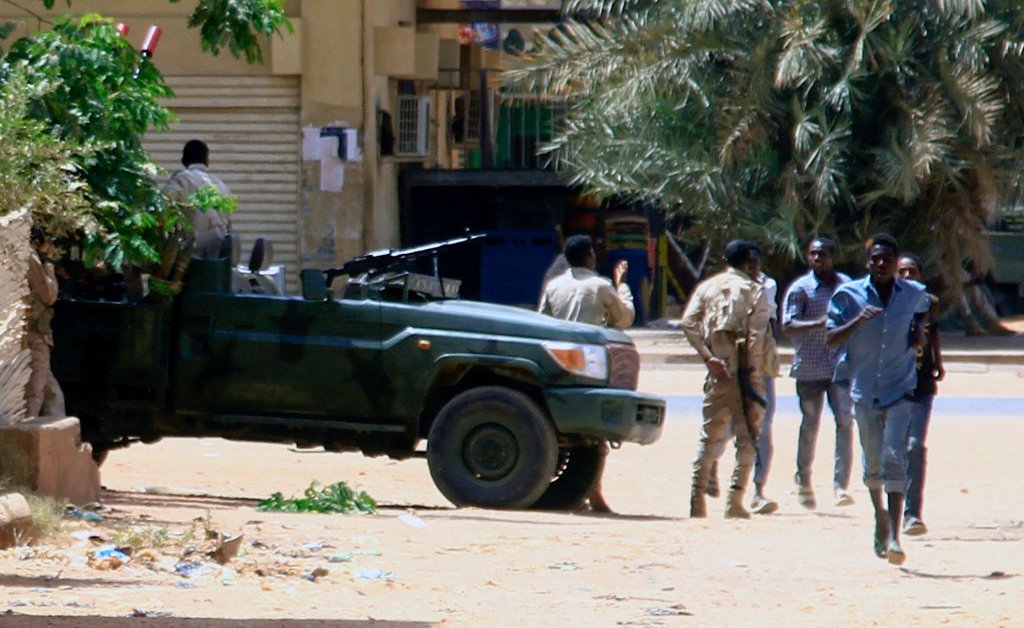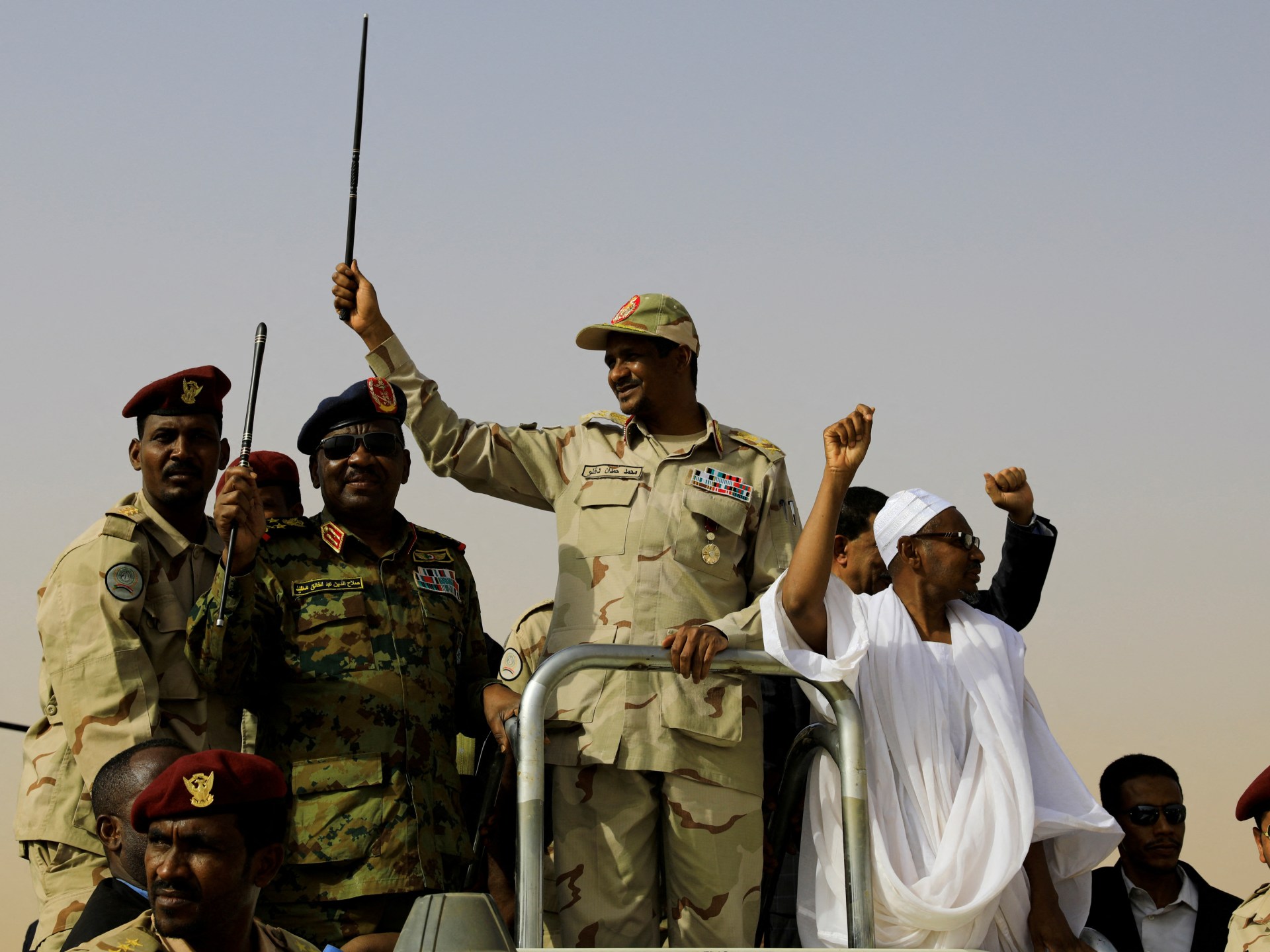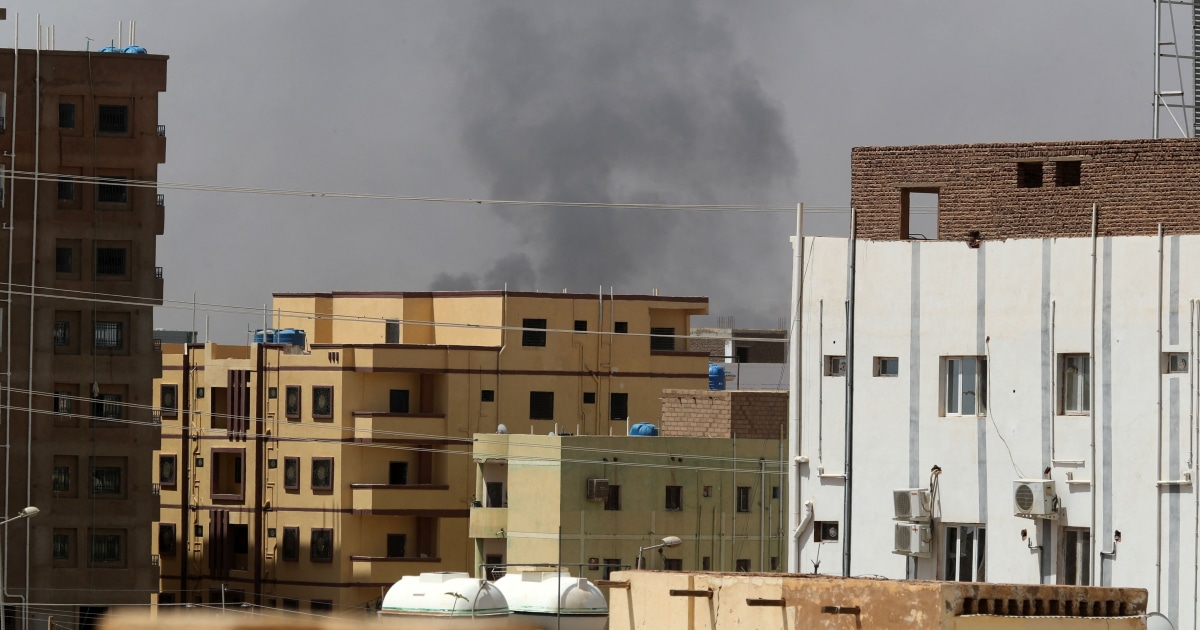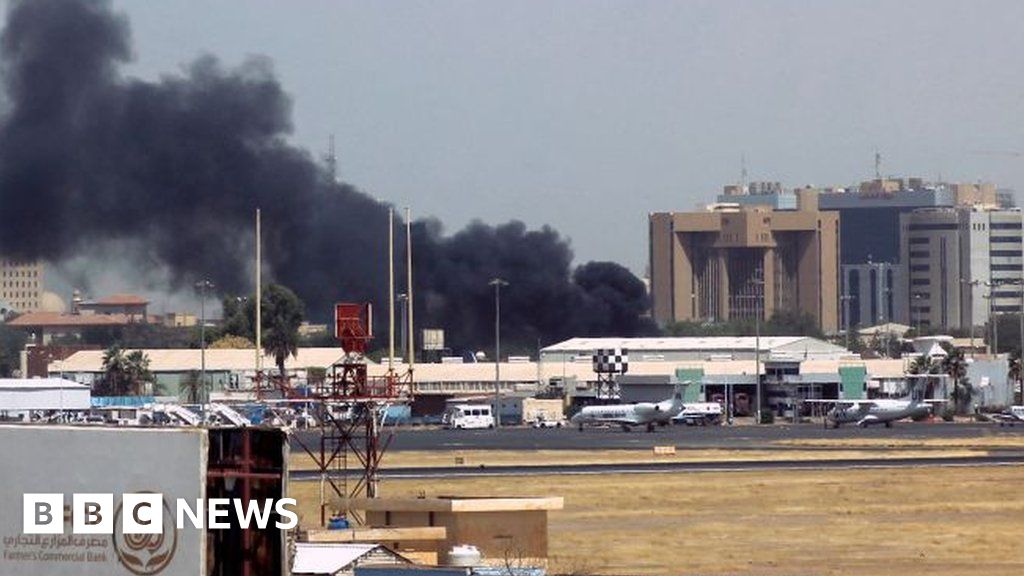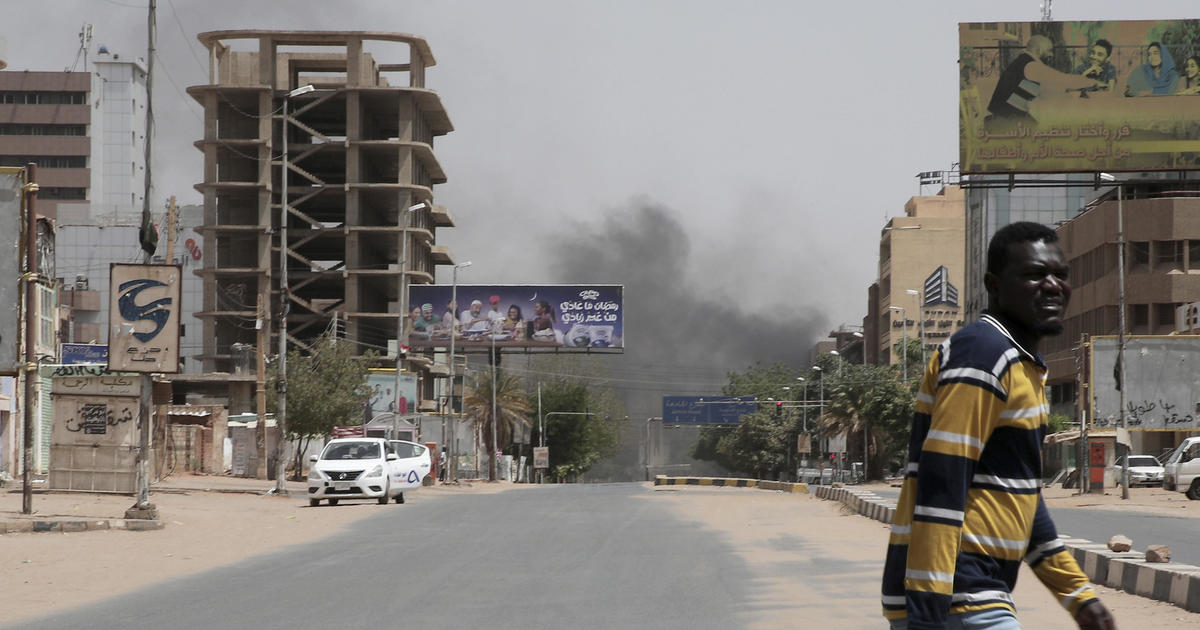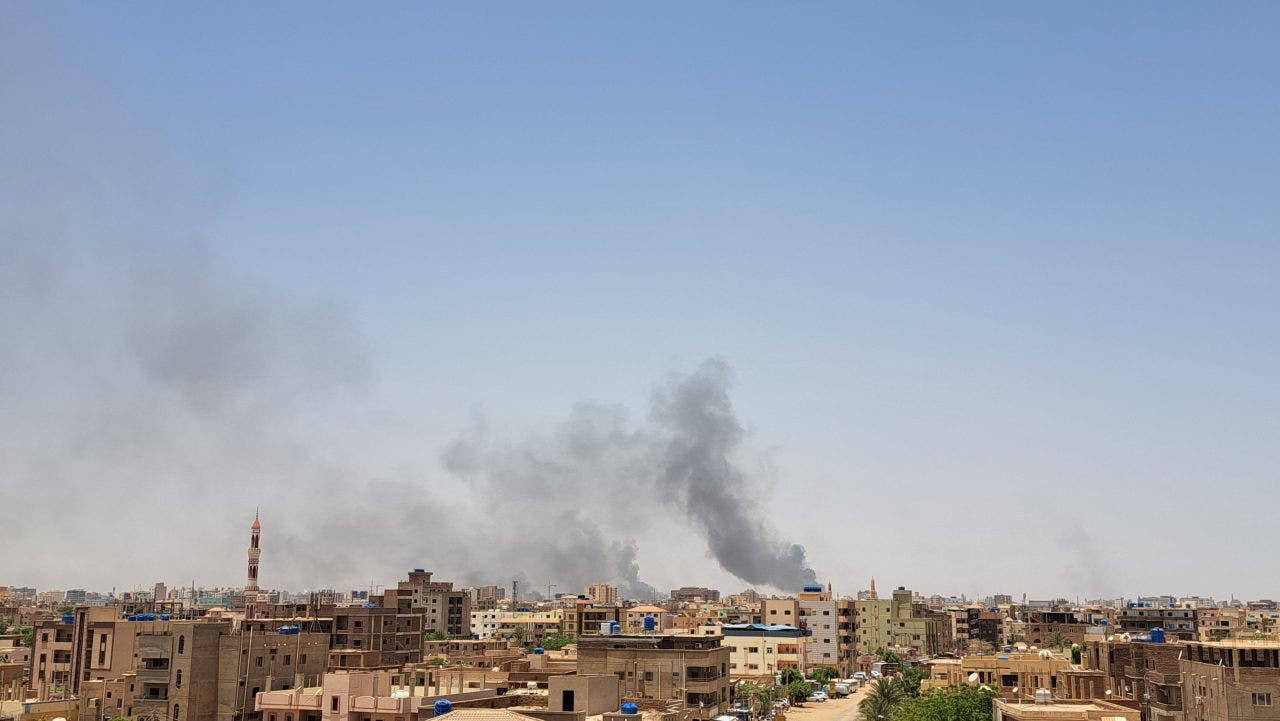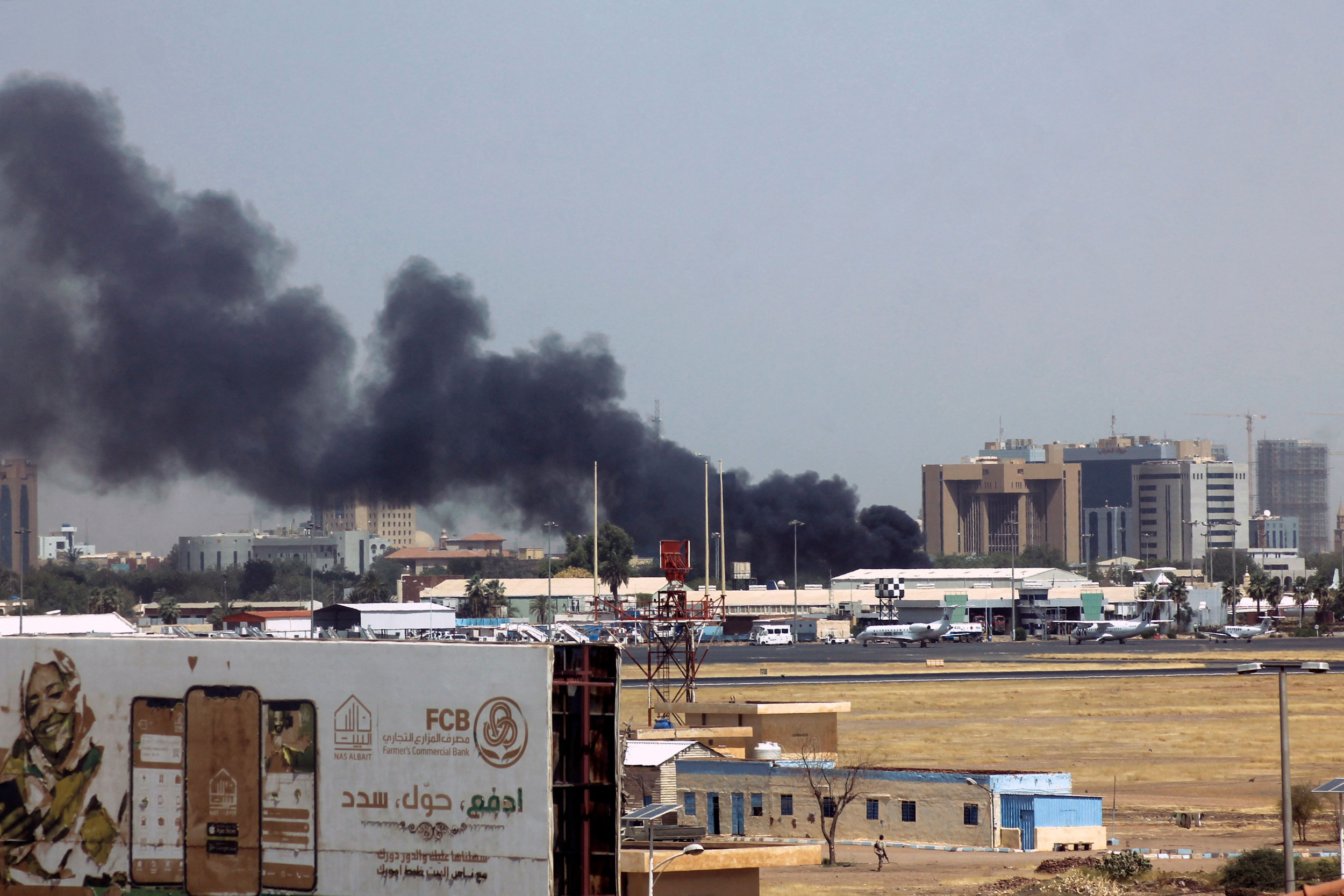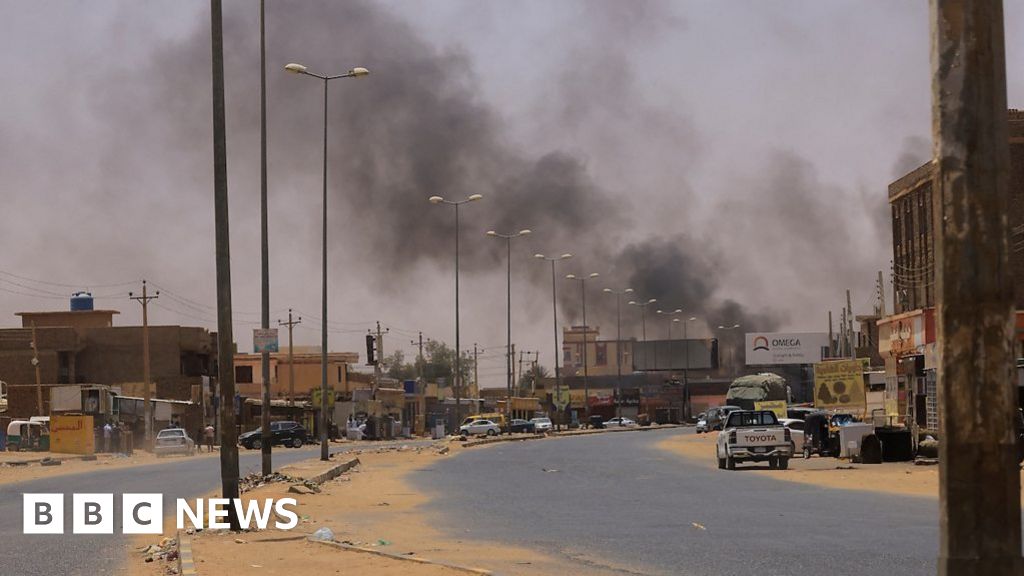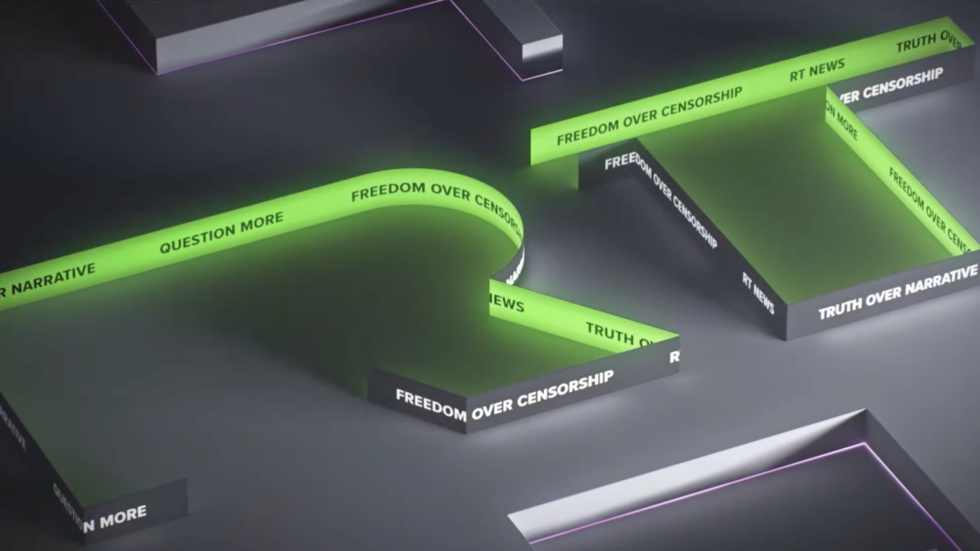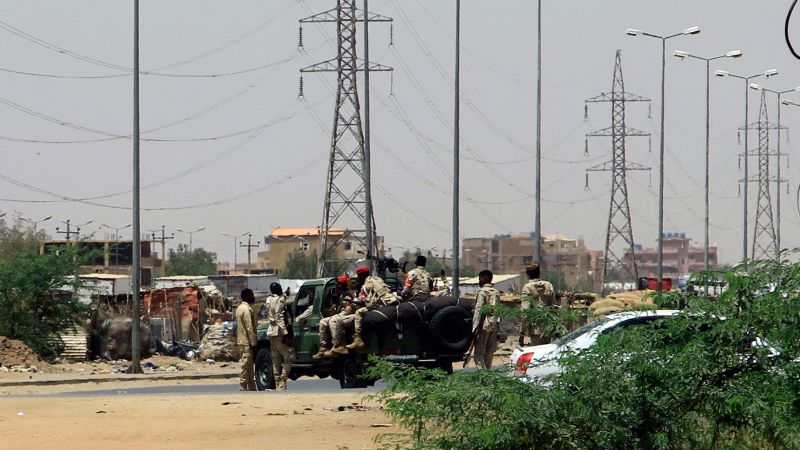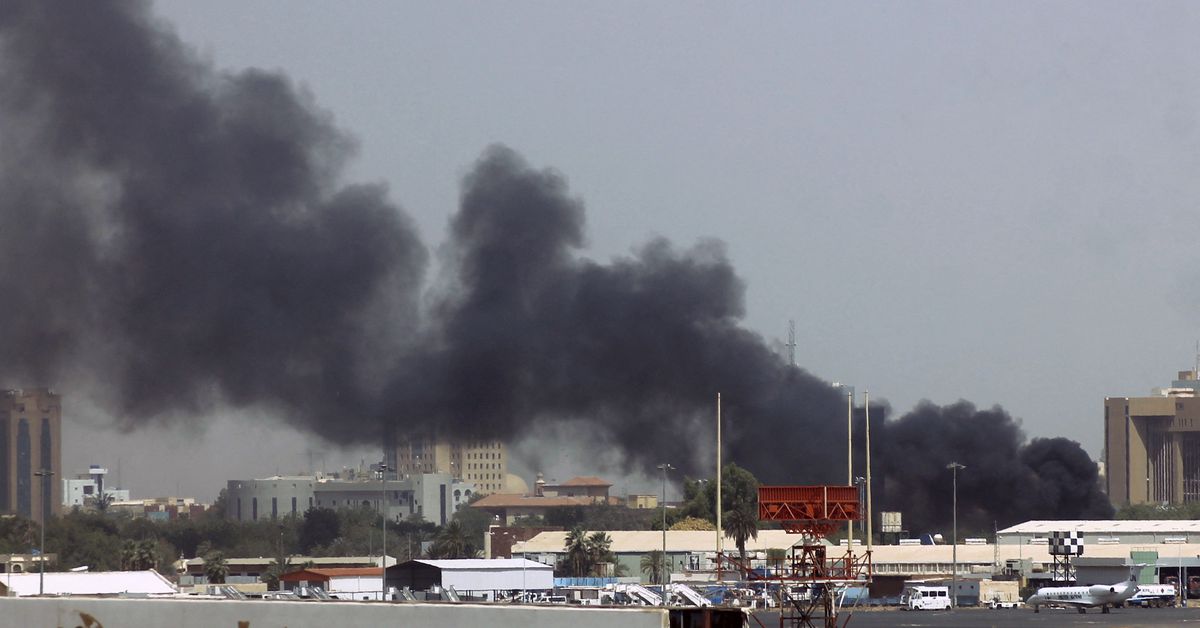The Facts
Bombing, shelling, and gunfire continued in the streets of the Sudanese capital Khartoum on Friday despite a three-day cease-fire having reportedly been agreed between Sudan's army and the paramilitary Rapid Support Forces (RSF) to mark the Muslim holiday of Eid al-Fitr.
The armistice, first announced by the RSF, was supposed to come into effect at 6 a.m., opening humanitarian corridors to evacuate citizens and allowing them to reunite with their families.
The Spin
Establishment-critical narrative
While it's undeniable that al-Burhan and Dagalo are primarily responsible for the current fighting, the US may also be blamed for this outbreak of violence as it compelled civilian protesters in 2019 to form a flawed transitional government with the military, retreating from a long-awaited, decisive democratic push, and trusted military leaders once again following the 2021 coup. Even more harmful was the US-backed Sudanese security sector reform, which created competition between both generals as neither of them wanted to give up power.
Pro-establishment narrative
Despite coming as no surprise to close observers, tensions between forces loyal to al-Burhan and Dagalo, former allies now turned foes as they fight to rule the country, have slowly simmered under the oversight of several diplomatic actors that failed to coordinate divergent actors. While the US could indeed have been more diplomatically engaged in Sudan, its main mistake was to lose leverage by believing that regional powers would promote democracy in the country without Washington exerting any pressure.


